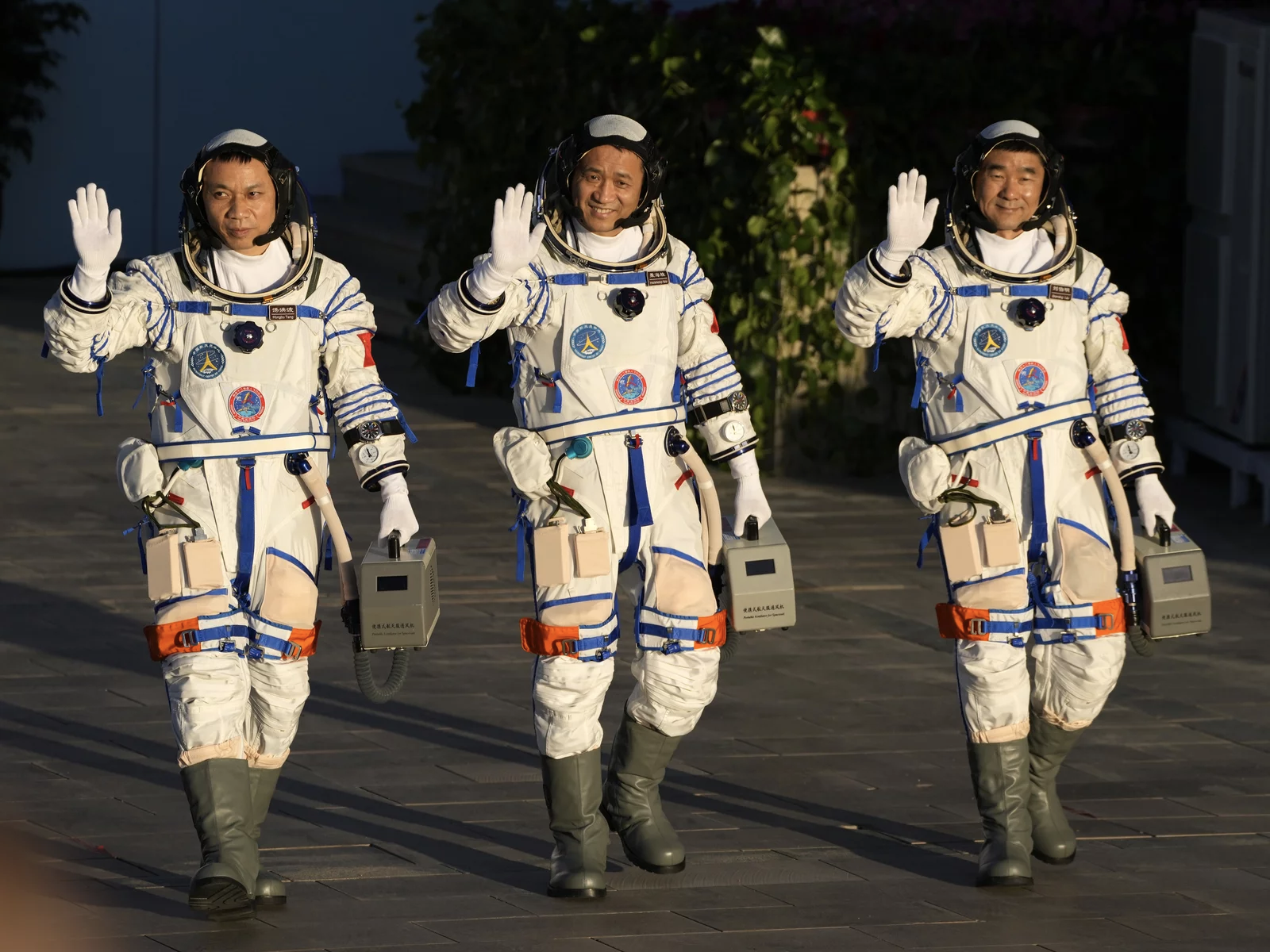Your daily trend radar - innovative startups, emerging trends and business ideas you don’t want to miss out. Sign-up and always be ahead.

Intro

Good morning and welcome to the future 👋
Something different today! Yesterday saw an important event in the race for space supremacy, as China once again demonstrated its ability to achieve significant progress in a very short time.
Have a great weekend!
Today’s update is 428 words, 2.2 minutes.
Snippets
🌶️ Hard-tech is hot: The last three decades have been dominated by “software eating the world”. Now it seems that the massive opportunities of the future could be in hard-tech. Dive Deeper →
🎓 Oldie but goldie: Do you struggle to evaluate and prioritize product ideas and plans? Then this simple framework of #now, #next, #later roadmaps might be the right thing for you. Dive Deeper →
⛑️ Mind-reading helmet: This founder, who built a fortune in online payment processing, has spent most of his money developing a new helmet that will revolutionize science’s understanding of brain aging and its impact on the body. Dive Deeper →
Topic of the day
China bids for space supremacy

Source: AP
What’s the deal: Following the US and the former Soviet Union, China yesterday became the third nation to launch a space-station crew. Traveling on the Shenzhou-12 spaceship, the three-man crew, all military pilots, docked with China’s brand-new space station ‘Tianhe’, and will spend three months undertaking tests and experiments.
Zoom out: Although the Chinese space program receives less attention than its Western counterparts, it has — like many of the country’s activities — achieved remarkable progress in a very short space of time.
Last month, the program landed a rover on Mars. Earlier China sent a probe and rover to the relatively unexplored far side of the moon to bring back the first samples by any space program since the 1970s. The new space station will be modular, with two new laboratory modules due to be launched next year.
Why it matters: Since 2011, when ‘national security’ concerns led US Congress to bar China from the ISS. Meanwhile, China has forged close cooperations with other nations including Russia.
The Shenzhou spacecraft is, for example, a direct descendant of the Soviet Soyuz. Similarly, ‘Tianhe’ is an updated copy of the Russian ISS module Zvezda and is likely to remain in operation when the ISS, now reaching the end of its useful life, is decommissioned.
What’s next: China is not resting on its laurels. Future plans include the development of a reusable rocket akin to the SpaceX, another trip to Mars to collect samples, and — a highlight — a high-profile man-on-the-moon expedition scheduled to take place before the end of the decade.
Bottom-line: There is, of course, skepticism about China’s ability to venture on beyond a space station. But it’s also easy to be bullish on China’s space ambitions. China has the resources, the ambition and the audacity to envision a future in space.
Thus, keep a close eye on the Chinese space program; more spectacular developments in the not-to-distant future seem certain.
Get smarter in just 3 minutes
Your trend radar - innovative startups, emerging trends and business ideas you don’t want to miss out. Sign-up and always be ahead.
